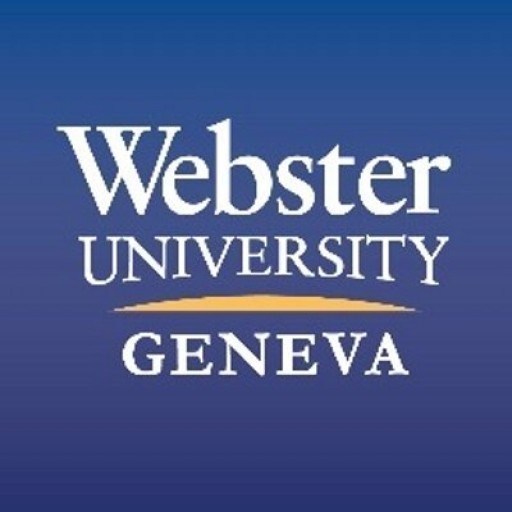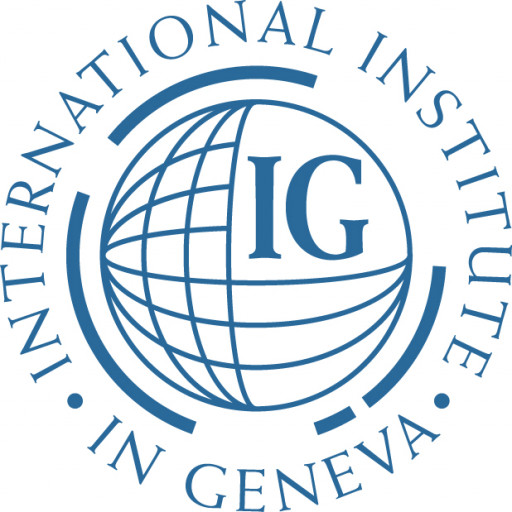Photos of university / #unigeneve
Description: The Bachelor's degree in Communication and Media Sciences at the University of Geneva offers students a comprehensive understanding of the theories, methods, and practices related to media, communication processes, and information dissemination in contemporary society. This programme explores the multifaceted roles of media within cultural, social, political, and technological contexts, equipping students with critical analytical skills and practical competencies necessary for careers in media production, journalism, public relations, advertising, and digital communication. Throughout their studies, students examine various forms of communication, including traditional media formats (print, radio, television) and new digital platforms, fostering an understanding of how media influences public opinion, cultural identity, and social change. The curriculum emphasizes interdisciplinary approaches, integrating insights from sociology, psychology, political science, and technology to analyze the impact of media on individuals and society at large. Students will engage in hands-on projects, media research, content creation, and strategic communication planning, preparing them for dynamic professional environments. The programme also encourages critical reflection on ethical issues related to media practices, freedom of expression, and the responsibilities of media professionals. With access to cutting-edge facilities and close collaboration with media organizations, students gain practical experience and industry insights, ensuring they are well-prepared for diverse roles within the media landscape. Graduates will possess a versatile skill set, including effective communication, multimedia production, research proficiency, and analytical thinking, all essential for fostering responsible and innovative communication strategies in an increasingly interconnected world. The University of Geneva’s Communication and Media Sciences programme aims to develop responsible practitioners who can navigate the rapidly evolving digital era, contribute to societal debates, and adapt to emerging media technologies and trends.
The Bachelor's Degree in Communication and Media Sciences at the University of Geneva offers students a comprehensive understanding of the theoretical and practical aspects of contemporary communication in various contexts. The program aims to equip students with critical skills in analyzing media content, understanding media effects, and developing effective communication strategies across different platforms. Students will explore topics such as media history, journalism, public relations, advertising, digital communication, and media law, providing a well-rounded foundation in the field of communication studies.
Throughout the program, students engage in both theoretical coursework and practical projects that foster critical thinking, creativity, and ethical awareness. They will examine the role of media in society, its influence on public opinion, and the impact of digital technologies on communication practices. Courses are designed to develop competencies in media production, content analysis, communication research methodologies, and strategic communication management. The curriculum emphasizes intercultural communication, media literacy, and the ethical responsibilities of media professionals in a rapidly changing digital landscape.
In addition to classroom instruction, students have opportunities to participate in internships, workshops, and collaborative projects with media organizations. These experiences aim to enhance their practical skills and prepare them for diverse career paths in media, journalism, advertising, public relations, and communication consultancy. The program also encourages critical engagement with current issues in media ethics, freedom of expression, and the social responsibilities of communication professionals.
Graduates of the Bachelor's in Communication and Media Sciences will be well-positioned to pursue further studies or enter the workforce as competent, innovative professionals capable of adapting to the evolving media environment. They will possess a solid theoretical background complemented by practical experience, enabling them to analyze, create, and disseminate media content effectively and ethically across multiple channels. Whether aiming for a career in journalism, media production, corporate communications, or digital marketing, students will find this program a strong foundation for their professional development in the dynamic field of communication and media sciences.
Program requirements for the Bachelor in Communication and Media Sciences at the University of Geneva typically include completing a series of foundational and specialized courses in communication theories, media analysis, research methods, and digital media practices. Students are expected to acquire a solid understanding of both historical and contemporary communication processes, as well as develop critical skills in analyzing media content and understanding its societal impacts. The curriculum often includes coursework in media law and ethics, public relations, journalism, and new media technologies. Practical training components such as internships or projects may also be incorporated to prepare students for professional environments. To graduate, students usually need to pass a combination of written exams, oral assessments, and project submissions, satisfying a set number of ECTS credits, generally around 180 for a full Bachelor's degree. Language proficiency requirements may specify abilities in French and English, given the university's multilingual focus. The program encourages interdisciplinary learning, integrating insights from sociology, psychology, and political science, to provide a comprehensive understanding of media and communication domains. Active participation in seminars, workshops, and research activities is often a core component of the program, promoting engagement with current debates and advances in the field. Additionally, students might be encouraged to participate in international exchanges or collaborative projects to broaden their global perspectives on media practices. Overall, the program aims to develop analytical, critical, and practical skills necessary for careers in media, communication consultancy, journalism, digital content creation, and related fields, preparing graduates for the evolving landscape of media and communication industries worldwide.
The Financing studies for the Communication and Media Sciences program at the University of Geneva are designed to support students throughout their academic journey. Tuition fees for international students are approximately CHF 1,000 per year, whereas Swiss students benefit from lower fees, typically around CHF 500 annually. Additional costs include semester contributions, which are roughly CHF 100 to CHF 150, covering student services and administrative expenses. Students are encouraged to explore various funding options, including government grants, scholarships, and student loans. The University of Geneva offers several scholarships for international students, based on academic merit and financial need, which can significantly offset total costs. In addition, students can consider external funding sources such as Swiss government scholarships, private foundations, or university-specific awards. Part-time employment opportunities are available on or near the campus, allowing students to earn supplementary income while studying. Certain students may also qualify for financial aid packages or bursaries arranged through the university or external entities. It is advisable for prospective students to contact the university’s financial aid office early to understand eligibility criteria and application procedures. International students should also consider costs related to visas, insurance, accommodation, and daily living expenses, which can vary depending on lifestyle and residence choices. Overall, the university strives to make education accessible by providing detailed information on financial support options and ensuring transparent fee structures. Students are advised to plan their finances carefully and apply for available financial aid well in advance of their enrollment to secure the necessary funding.
The Bachelor of Arts in Communication and Media Sciences at the University of Geneva offers students an in-depth understanding of the diverse fields within communication studies. The program is designed to equip students with fundamental knowledge of media, communication theories, and journalistic practices, enabling them to critically analyze the role of media in society. The curriculum covers various aspects of communication such as media history, politics, cultural studies, and information technology, providing a comprehensive foundation for a career in media production, journalism, public relations, or communication consultancy. Students engage in both theoretical and practical coursework, including media analysis, research methods, media ethics, and communication strategies. The program emphasizes interdisciplinary approaches, encouraging students to explore the social, political, and technological impacts of media. Throughout their studies, students have opportunities for internships and project work, fostering real-world skills and enhancing employability. The program also offers flexibility with elective courses, allowing students to tailor their education to specific interests within the broad field of media and communication. Additionally, students benefit from the university’s strong ties to media institutions and research centers, facilitating networking and practical experience. The program prepares graduates not only for careers in traditional media but also for roles in digital communication, marketing, and media policy. With a focus on critical thinking, ethical responsibility, and innovation, the Bachelor’s degree aims to produce graduates capable of analyzing media phenomena and contributing thoughtfully to the evolving media landscape. The language of instruction is primarily French, with some components or courses possibly offered in English, reflecting Geneva’s international environment. Overall, this program provides a solid foundation for understanding the complex interactions between media, society, and technology, empowering students to navigate and shape the future of communication in a rapidly changing world.







